NEO Surveyor
Finding asteroids before they find us.
small bodies of the solar system
GROUND-BASED TELESCOPES
WHY NASA STUDIES ASTEROIDS
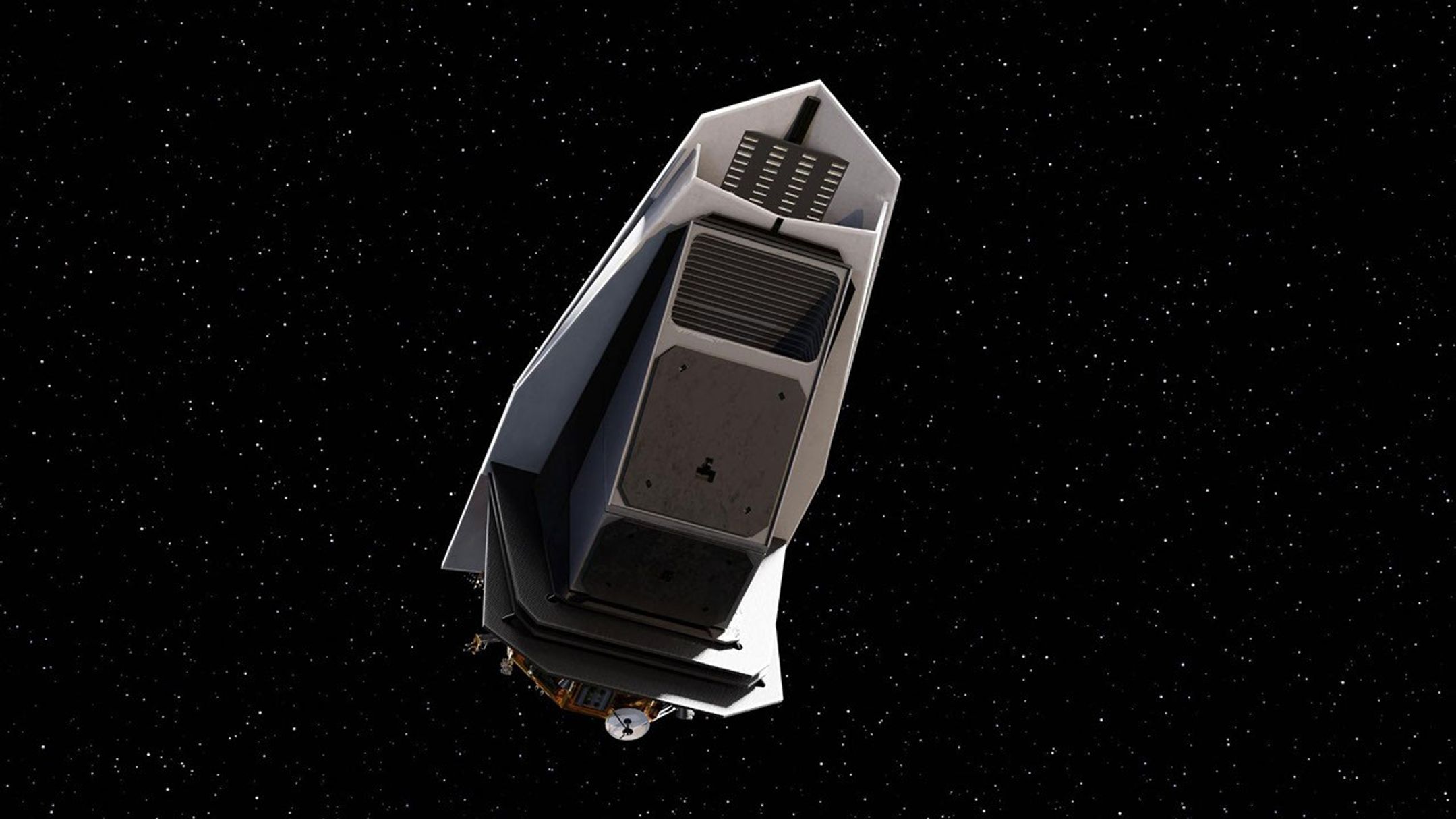
Overview
Building on the success of NASA's NEOWISE space telescope, the agency's NEO Surveyor will be the first spacecraft built specifically to find large numbers of asteroids and comets that are potentially hazardous to Earth.
As it scans the solar system, NEO Surveyor's sensitive infrared detectors will track the most elusive near-Earth objects. Dark asteroids and comets don't reflect much visible light, for example, but they will glow in the infrared spectrum as they’re heated by sunlight.
In addition, NEO Surveyor will be able to find asteroids that approach Earth from the direction of the Sun, as well as ones both leading and trailing our planet's orbit, where they are typically obscured by the glare of sunlight. All of these are threats that larger ground-based observatories could miss.
NEO Surveyor’s Aluminum Telescope Mounted to Its Flight Base
The aluminum telescope of NASA’s Near-Earth Object (NEO) Surveyor mission is shown here attached to its flight base frame at a Space Dynamics Laboratory (SDL) clean room in Logan, Utah, in early September 2025. The telescope is connected via a system of struts that prevent heat from passing from the spacecraft to the instrument, keeping it secure, isolated, and cool. The spacecraft’s instrument enclosure will later be fitted over the instrumentation and then the pair will be attached to the spacecraft bus and sunshade. With an aperture of nearly 20 inches (50 centimeters), the telescope features detectors sensitive to two infrared wavelengths in which near-Earth objects re-radiate solar heat. The instrument enclosure is designed to ensure heat produced by the spacecraft and instrument during operations doesn’t interfere with its infrared observations.
Credit: Space Dynamics Laboratory/Allison Bills
Visualize NEO Surveyor after its planned launch in late 2027, when it begins to stand watch for near-Earth asteroids (NEOs), using NASA's 'Eyes on the Solar System' 3D Visualization tool
Planetary Defenders
How would humanity respond if we discovered an asteroid headed for Earth? NASA’s "Planetary Defenders" is a gripping documentary that delves into the high-stakes world of asteroid detection and planetary defense.
Learn MoreWhy We're Launching NEO Surveyor
- Finding near-Earth objects is required by law.
- We can only do something about hazardous near-Earth objects if we can find them first.
- NEO Surveyor will find asteroids and comets that other space missions cannot, filling a critical gap in humanity’s ability to detect potentially hazardous near-Earth objects.
- In addition to planetary defense, scientists will use data from NEO Surveyor for studies of near-Earth objects to learn more about the evolution of the solar system.
Use NASA's Eyes on Asteroids interactive (below) for a real-time visualization of every known asteroid or comet classified as a Near-Earth Object, or NEO.
Interstellar Comet 3I/Atlas
Astronomers are tracking and investigating only the third interstellar object ever recorded to enter our solar system, a comet dubbed 3I/Atlas. No threat to Earth, and passing no closer than about 170 million miles (270 million kilometers), the comet will remain visible to ground-based telescopes through September 2025, after which it will pass too close to the Sun to observe. It will reappear on the other side of the Sun by early December 2025.
Learn More About Interstellar Comet 3I/Atlas about Interstellar Comet 3I/Atlas
Learn More About Asteroids
Planetary Defense at NASA
In 2016, NASA established the Planetary Defense Coordination Office (PDCO) to manage the agency's ongoing mission of finding, tracking, and better understanding asteroids and comets that could pose an impact hazard to Earth.
Learn More about Planetary Defense at NASA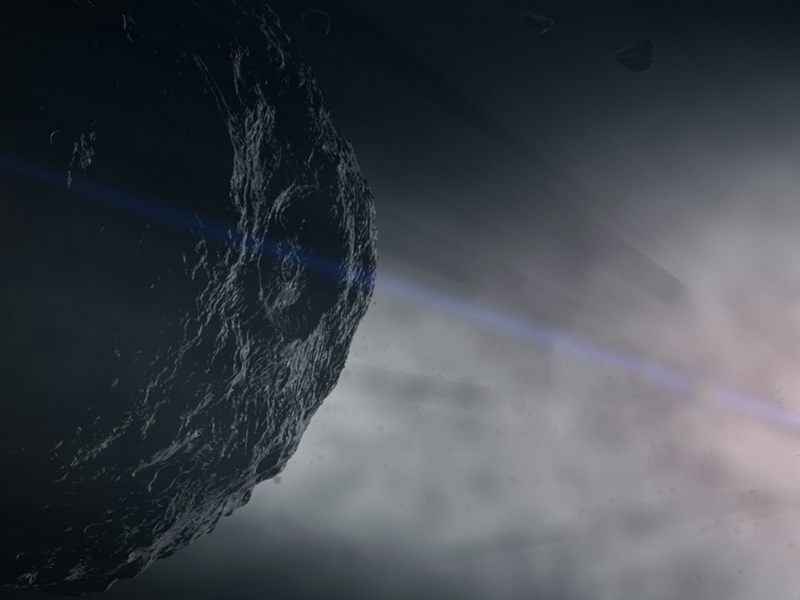

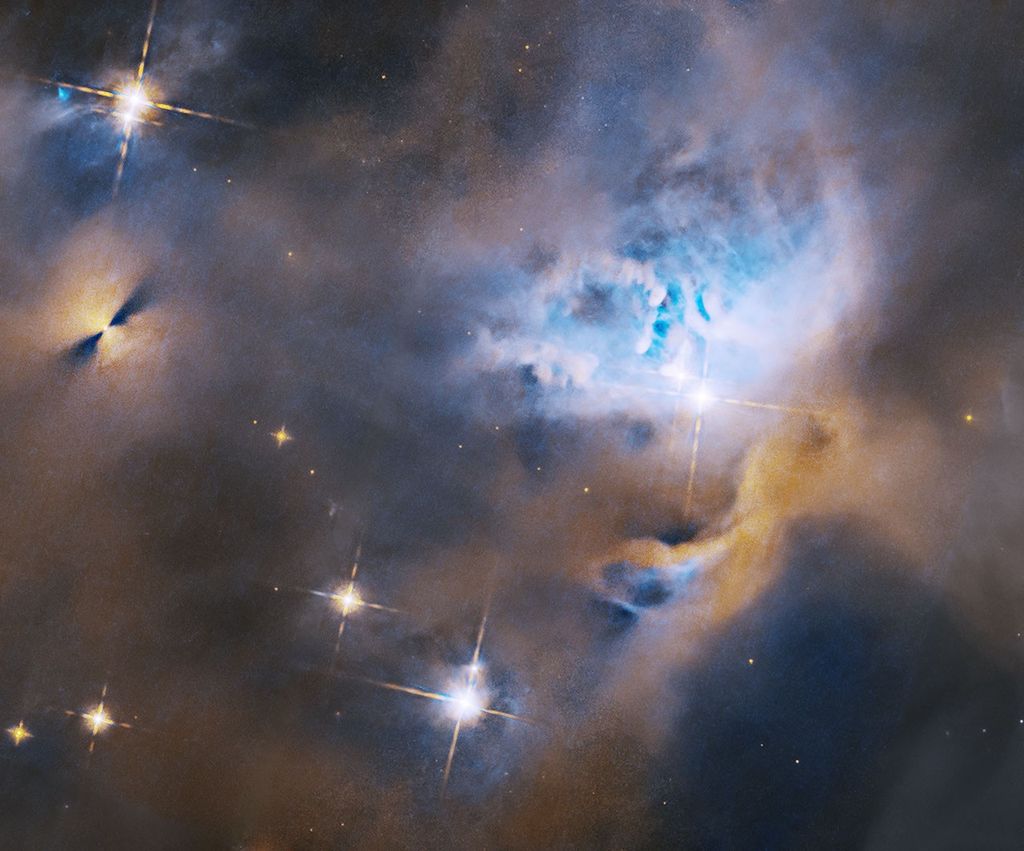
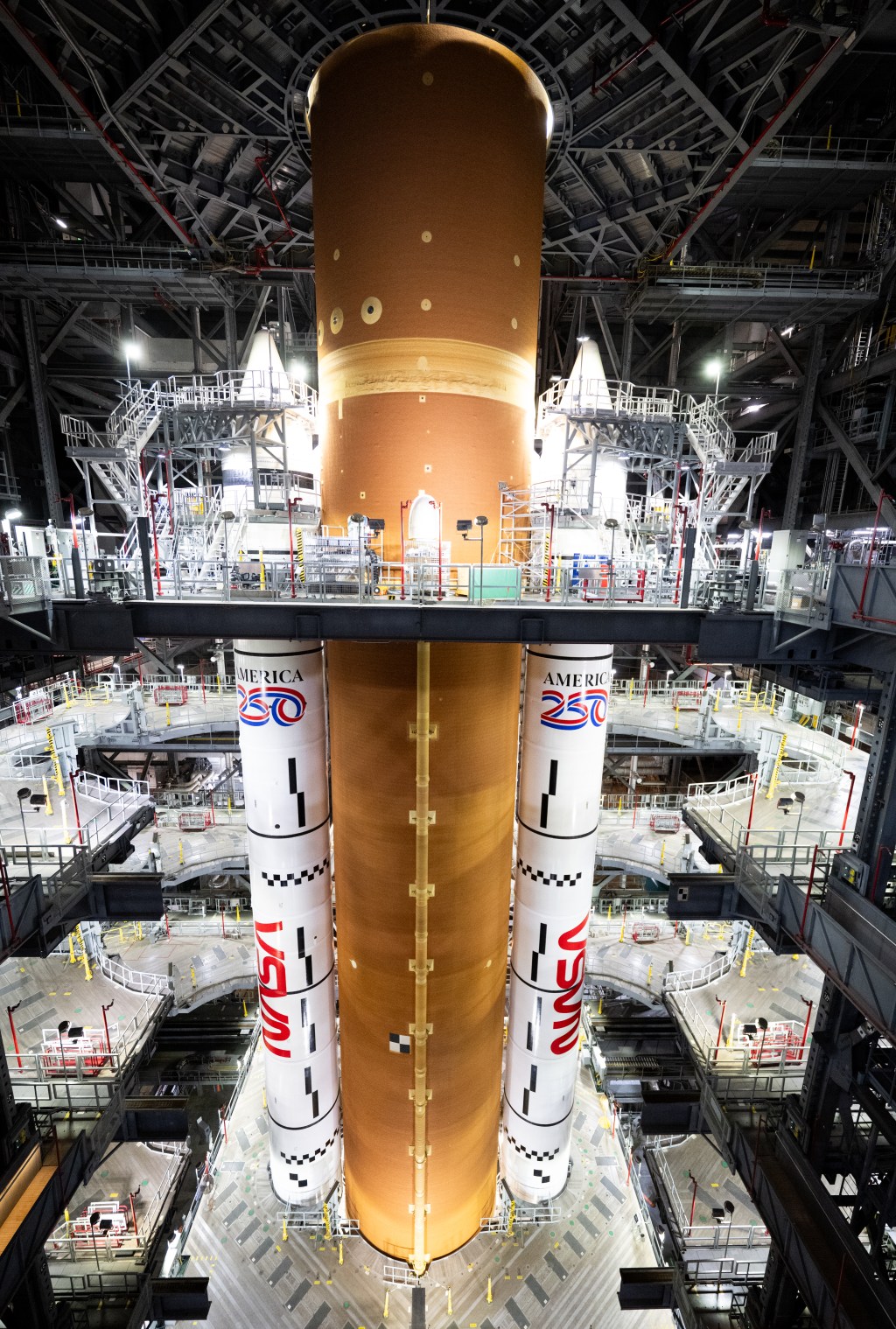

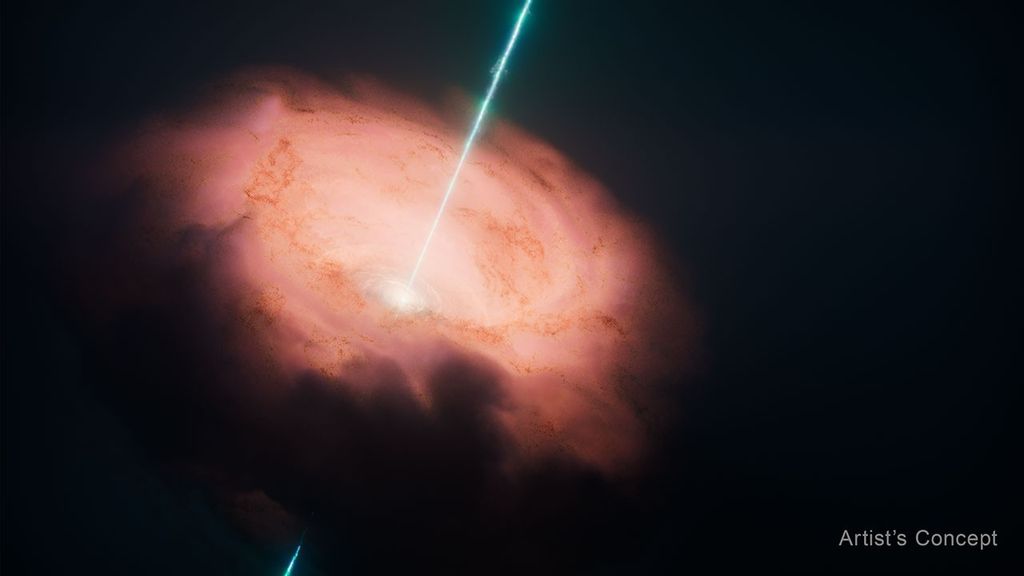

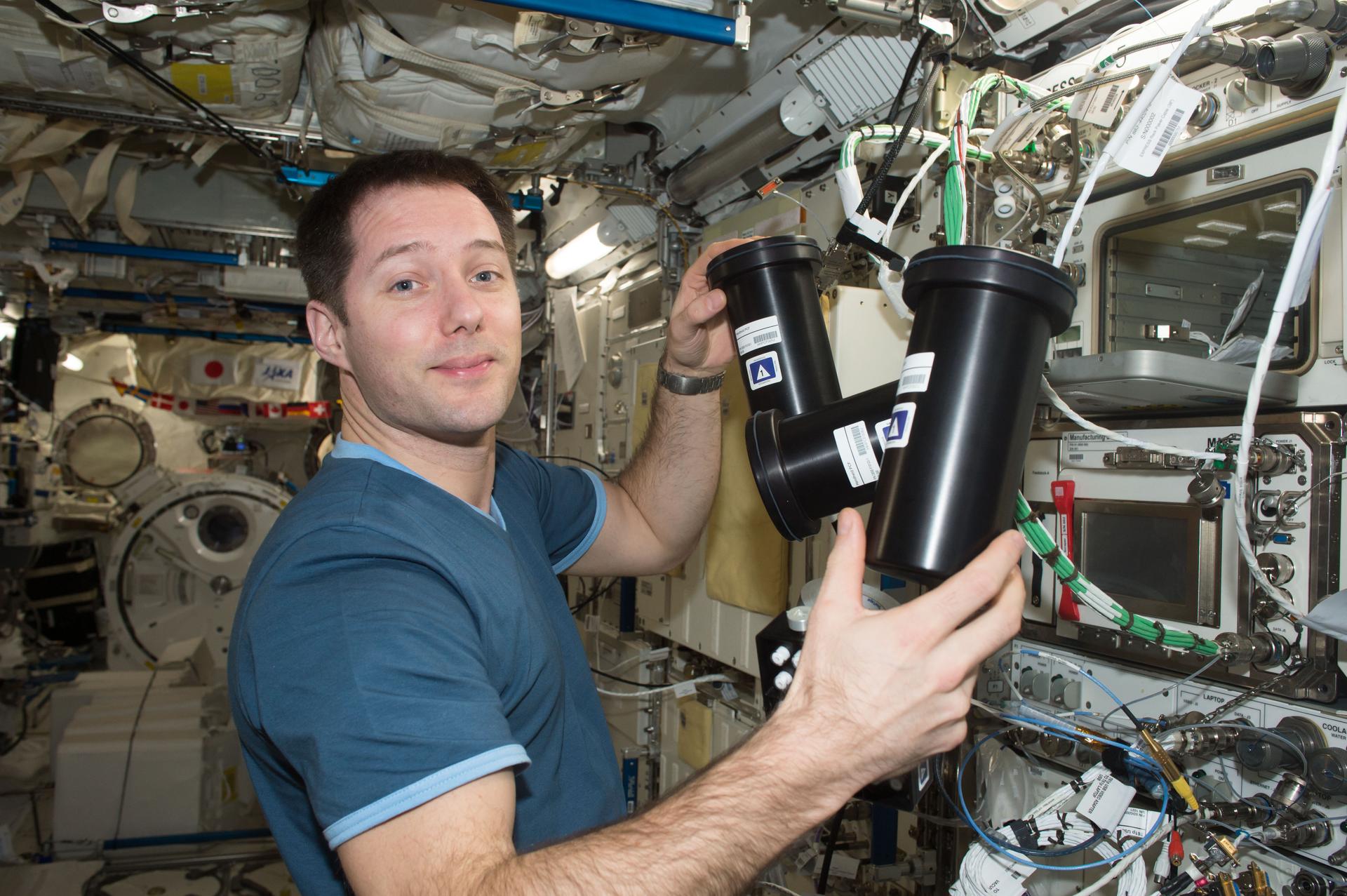
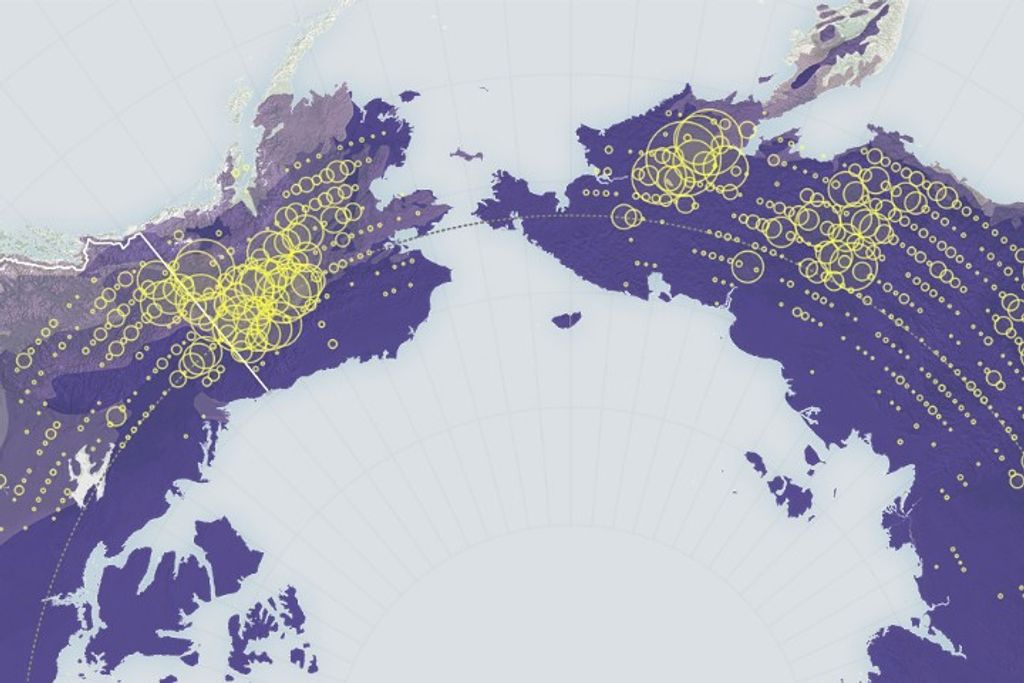
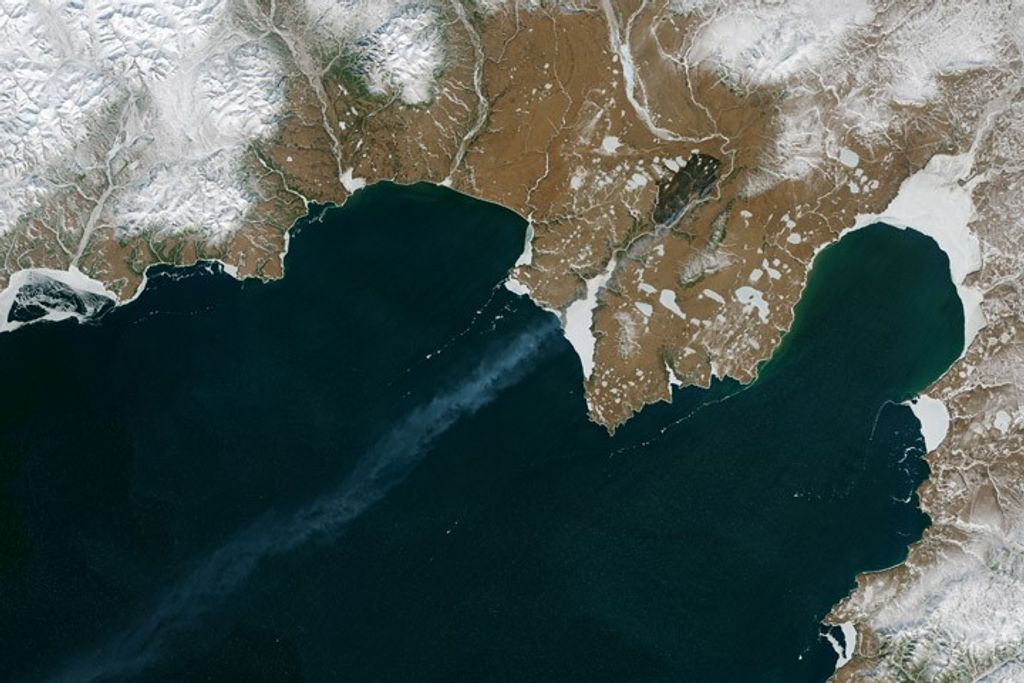
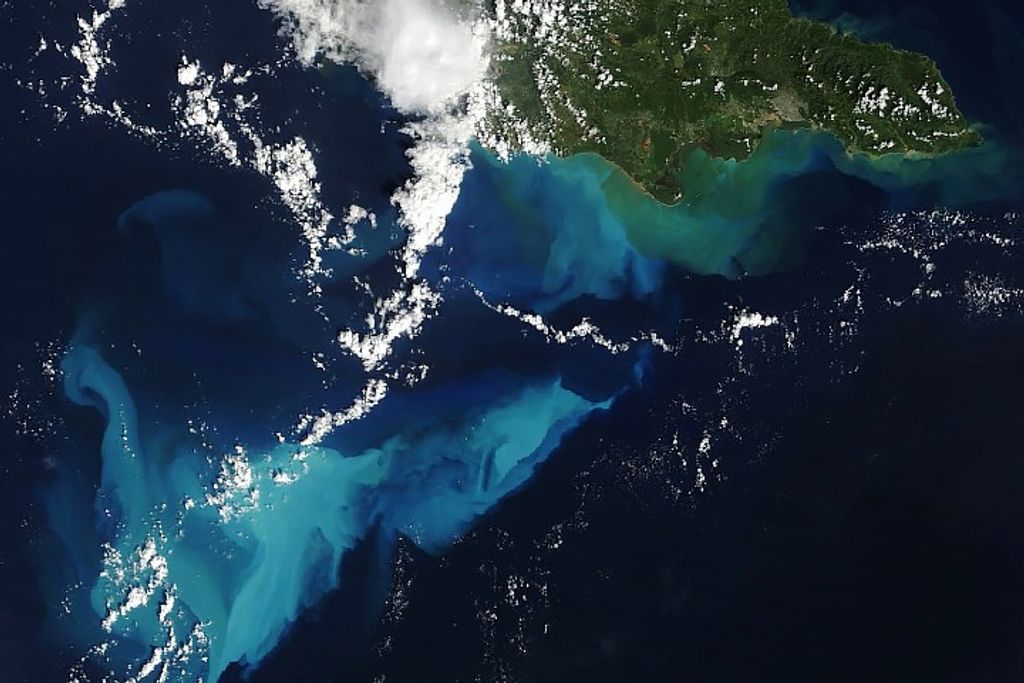

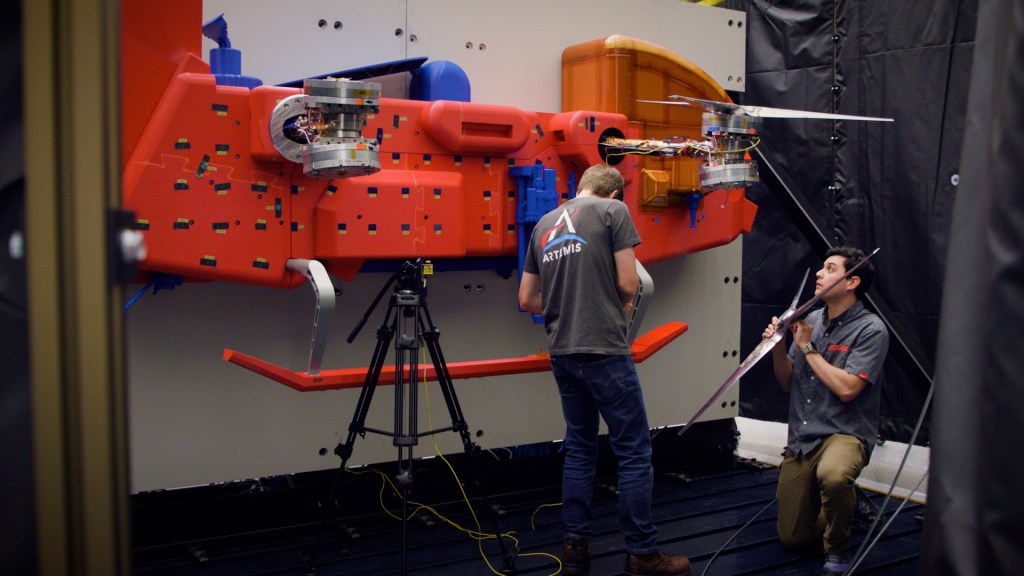
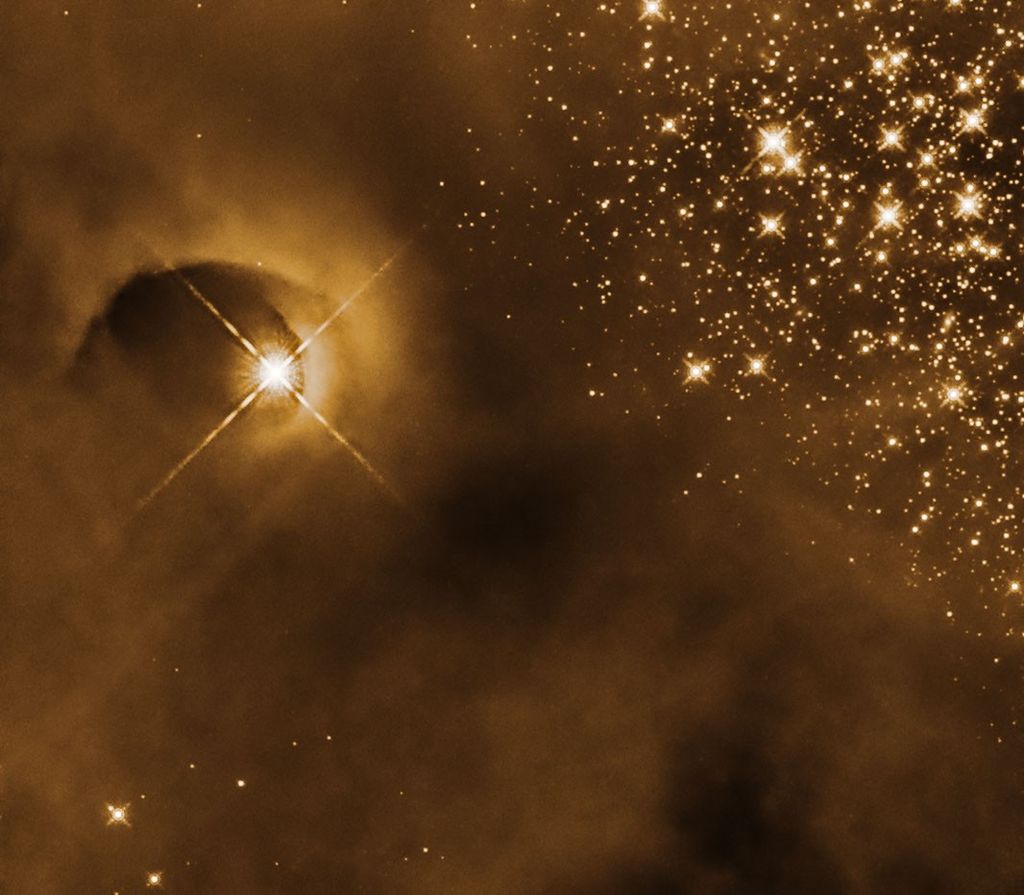
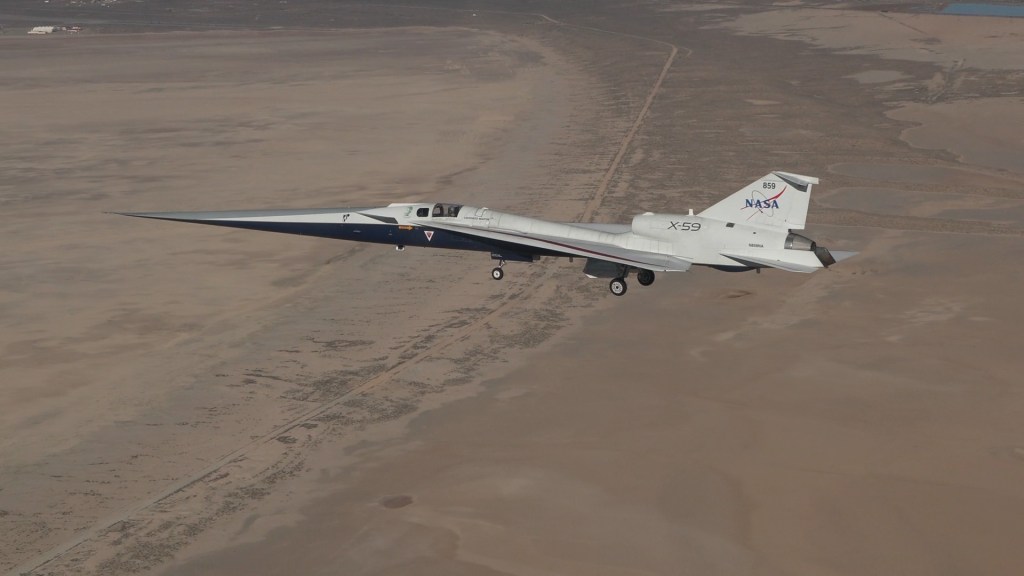



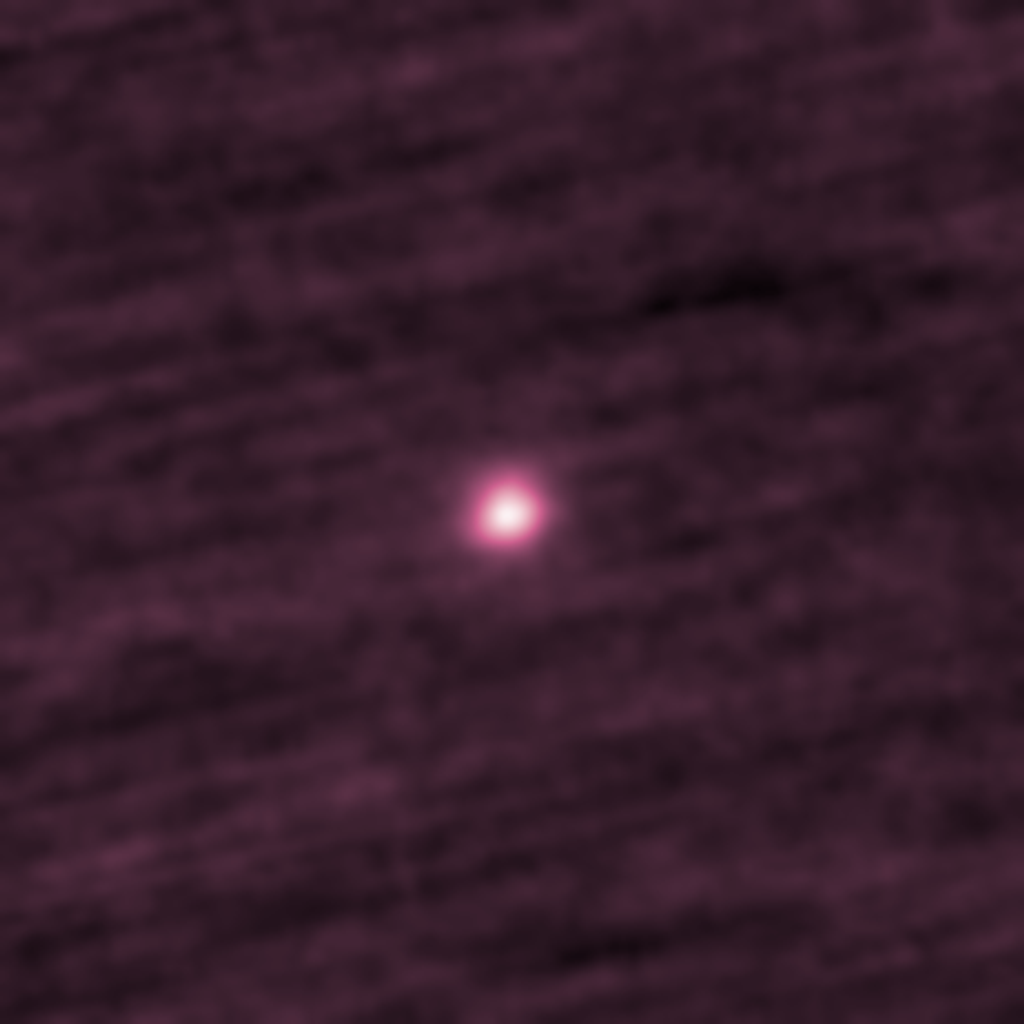
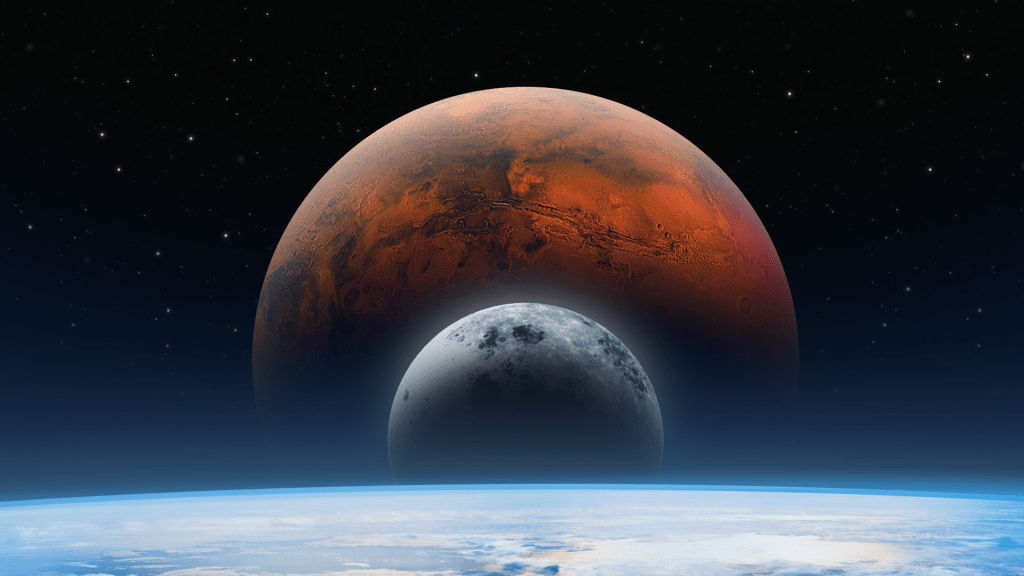

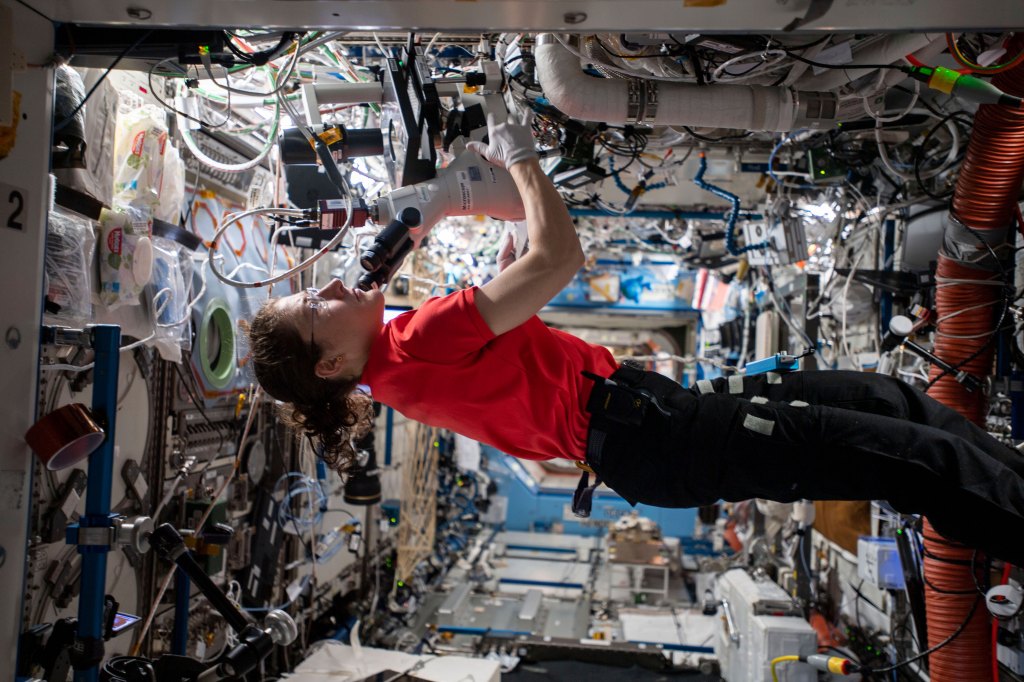







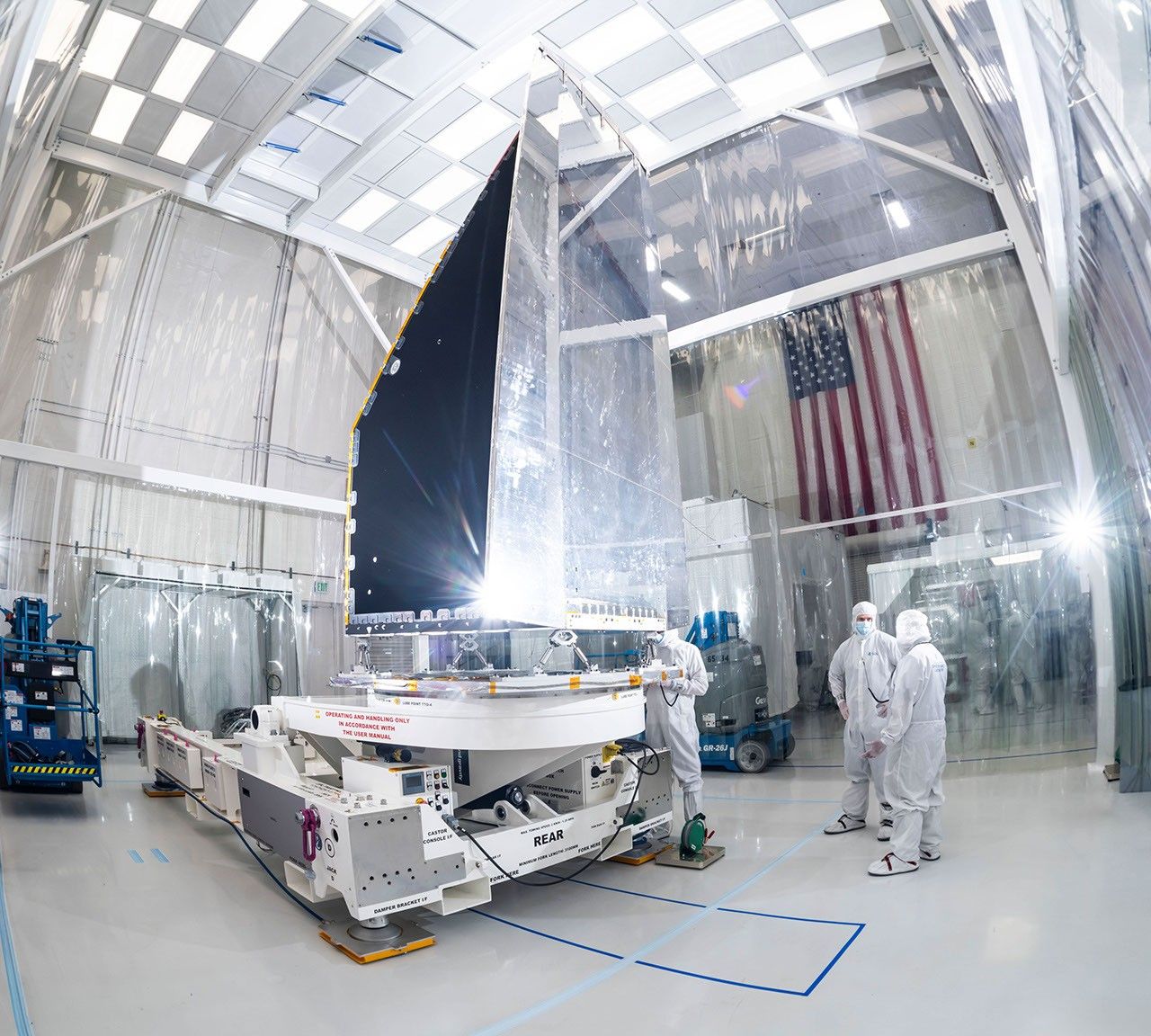
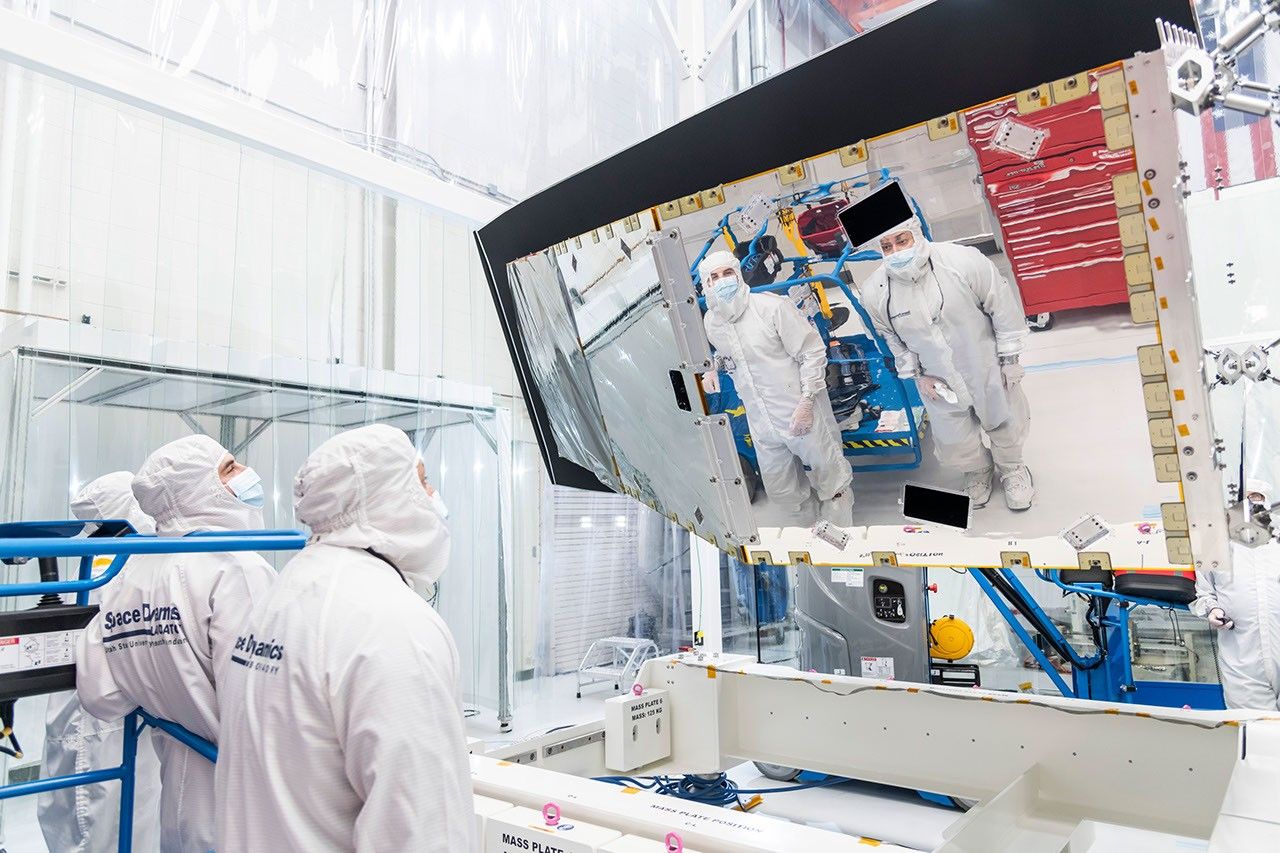
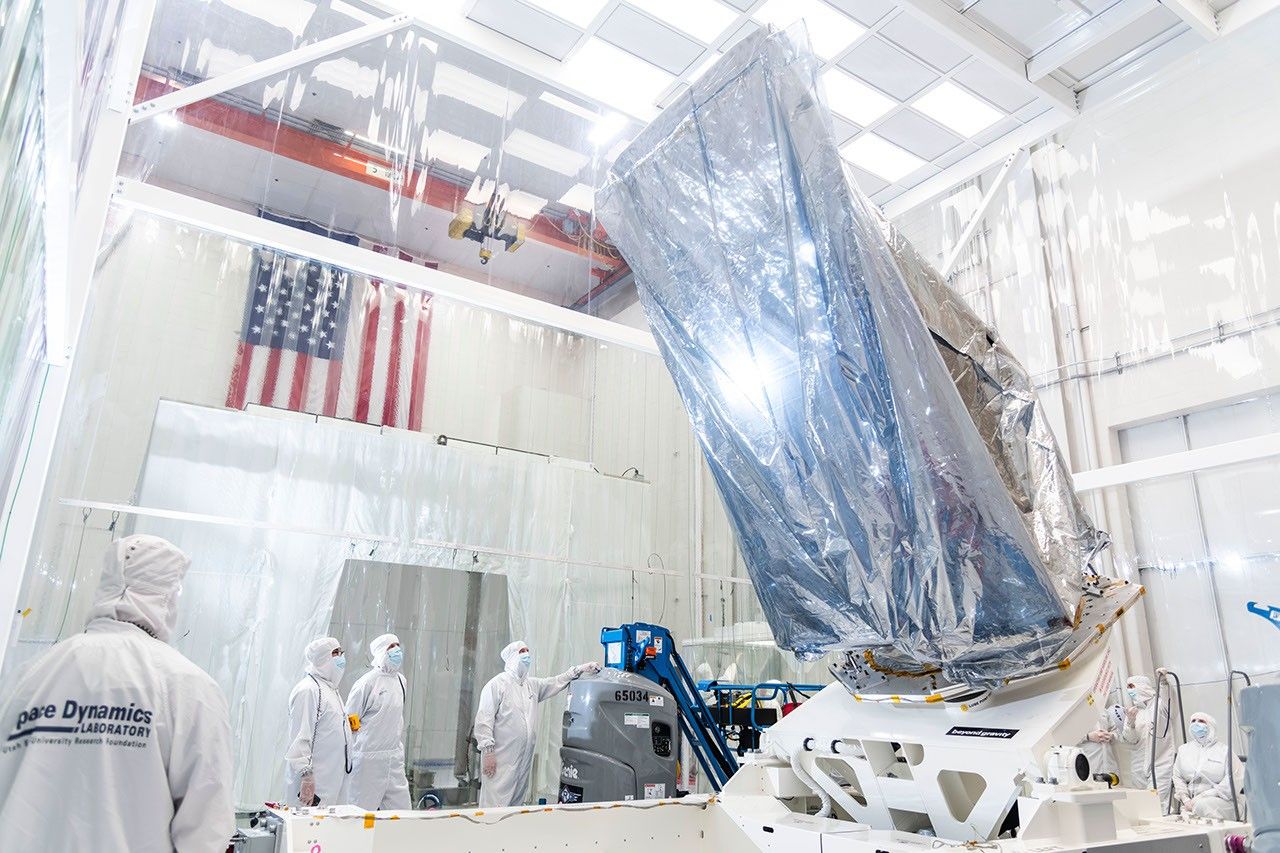
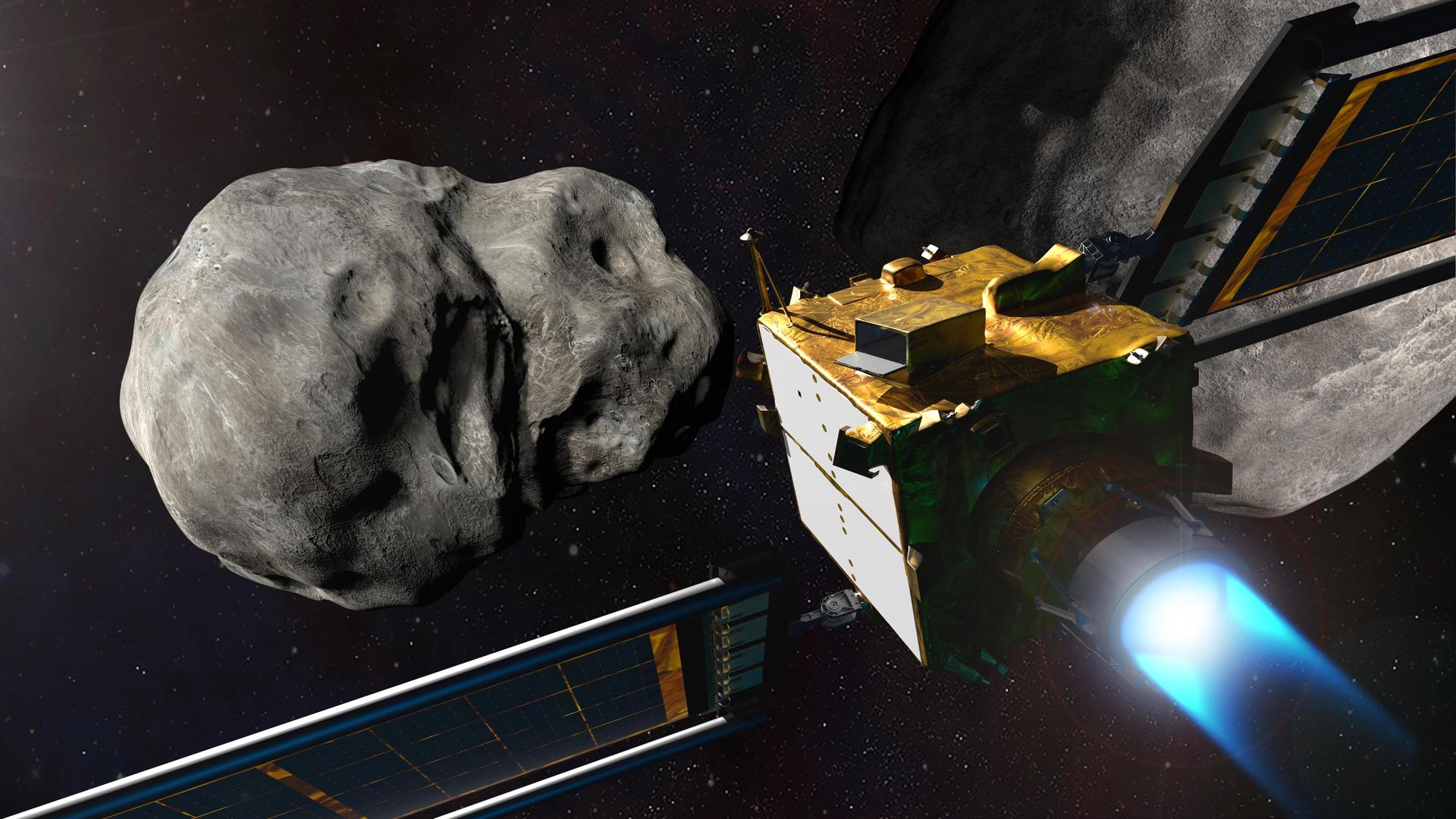
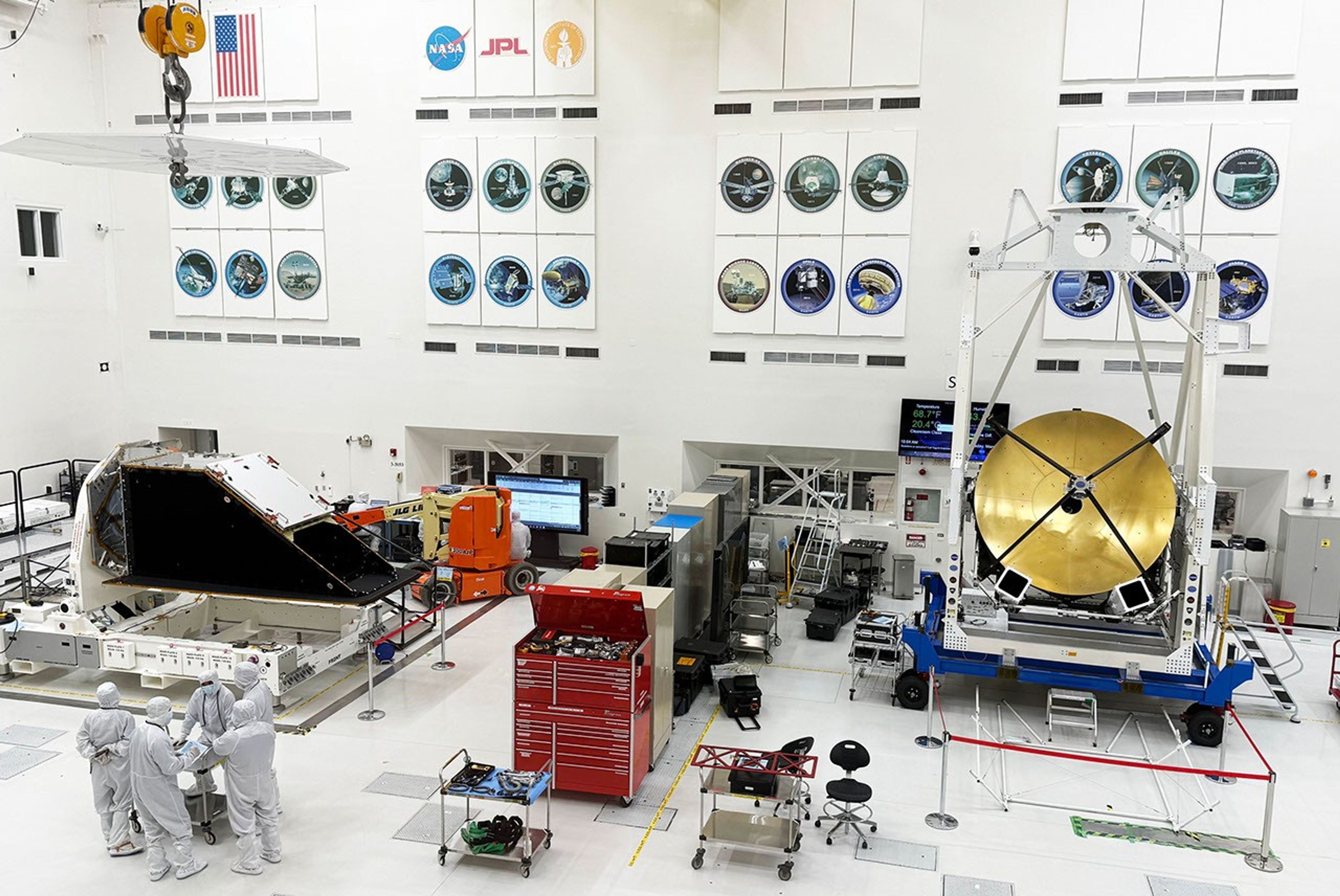

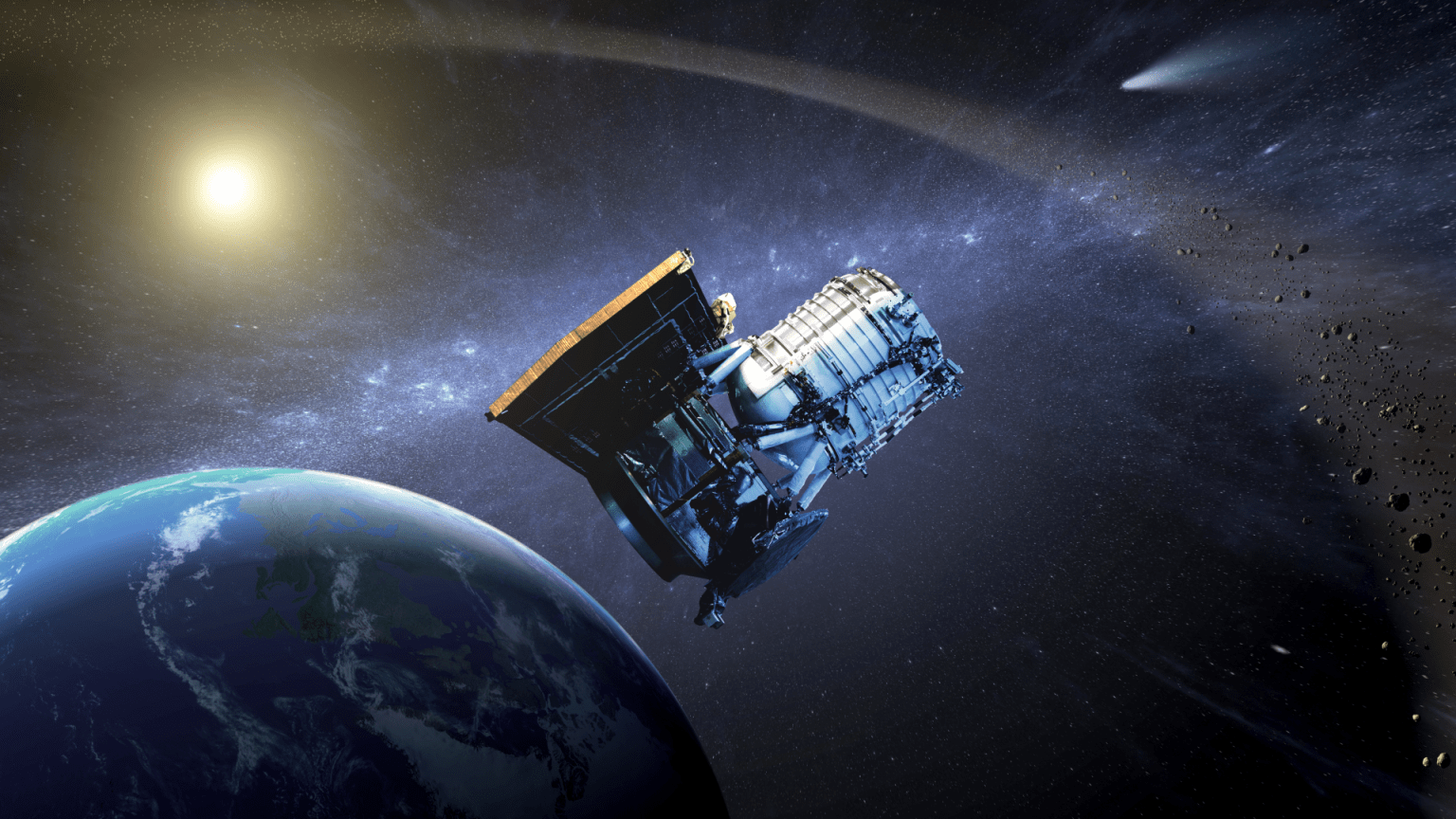
/Double%20Asteroid%20Redirection%20Test%20(DART).png?w=1920&h=1080&fit=clip&crop=faces%2Cfocalpoint)